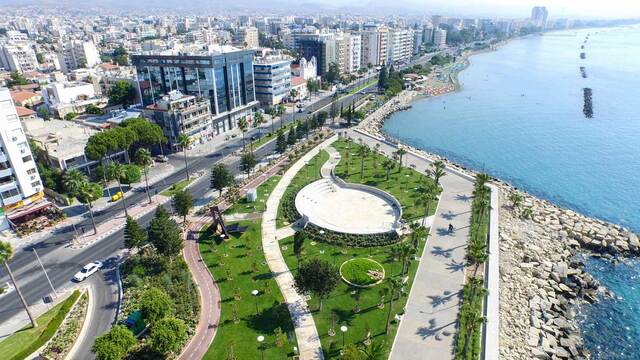Cyprus’ economy is under significant strain from the heavy impact of COVID-19 fallout on tourism with expected revenues only 25% of last year’s level, the European Commission’s economic forecast said.
Revenue from tourism generated €2.68 bln in 2019, down 1% from the previous year, bolstered by record arrivals of 3.97 million.
“Cyprus was on a solid growth path before the global outbreak of COVID-19…the pandemic, and the confinement measures that followed have dramatically changed the picture,” said the EU’s summer outlook.
“In the first quarter of 2020, economic growth slowed down considerably, 0.8% (year-on-year), reflecting a significant fall in external demand for goods and tourism.
Economic sentiment and expectations in services are at a historic low, despite a slight improvement in June,” it added.
Tourism, the main pillar of Cyprus’ economy, “has been severely affected”.
The COVID-19 pandemic is expected to “significantly dampen international demand for tourism”.
Tourist arrivals and revenues decreased by 46.5% and 52.4%, respectively in the first quarter of 2020 (year-on-year).
The travel restrictions in place throughout the second quarter, “had a severe impact on the sector”.
“Even if the expected gradual recovery begins in July, revenues from tourism could hover around 25% of last year’s level.”
“Further prolongation of the travel restrictions from the UK and Russia – Cyprus’ main tourist markets – could have a strong negative effect.
Furthermore, the sharp increase in unemployment in services linked to tourism and the increased risk of bankruptcies does not bode well for the recovery in 2021.”
According to the Commission, real GDP will contract by 7.75% in 2020 and partially recover in 2021 by 5.25%.
“Private consumption and investment, notably in equipment, are expected to decline substantially.”
“The stimulus measures adopted, are expected to support employment and household incomes and help businesses to continue investing and maintaining their capacity, thus somewhat mitigating the severe impact on domestic demand”.
The contribution of net exports to GDP growth “is set to be significantly negative in 2020 and to turn positive in 2021, albeit not recovering fully to its pre-pandemic levels”.
“Downside risks to the outlook are significant,” the Commission warned.
Headline inflation is forecast to fall from 0.5% in 2019 to -0.5% in 2020, “driven by lower prices for energy, processed food and services”.
Headline inflation is expected to turn positive again in 2021, at 0.8%, “reflecting the recovery of energy prices and services.
Core inflation is expected to fall by 0.2% in 2020 and to edge up moderately in 2021.










